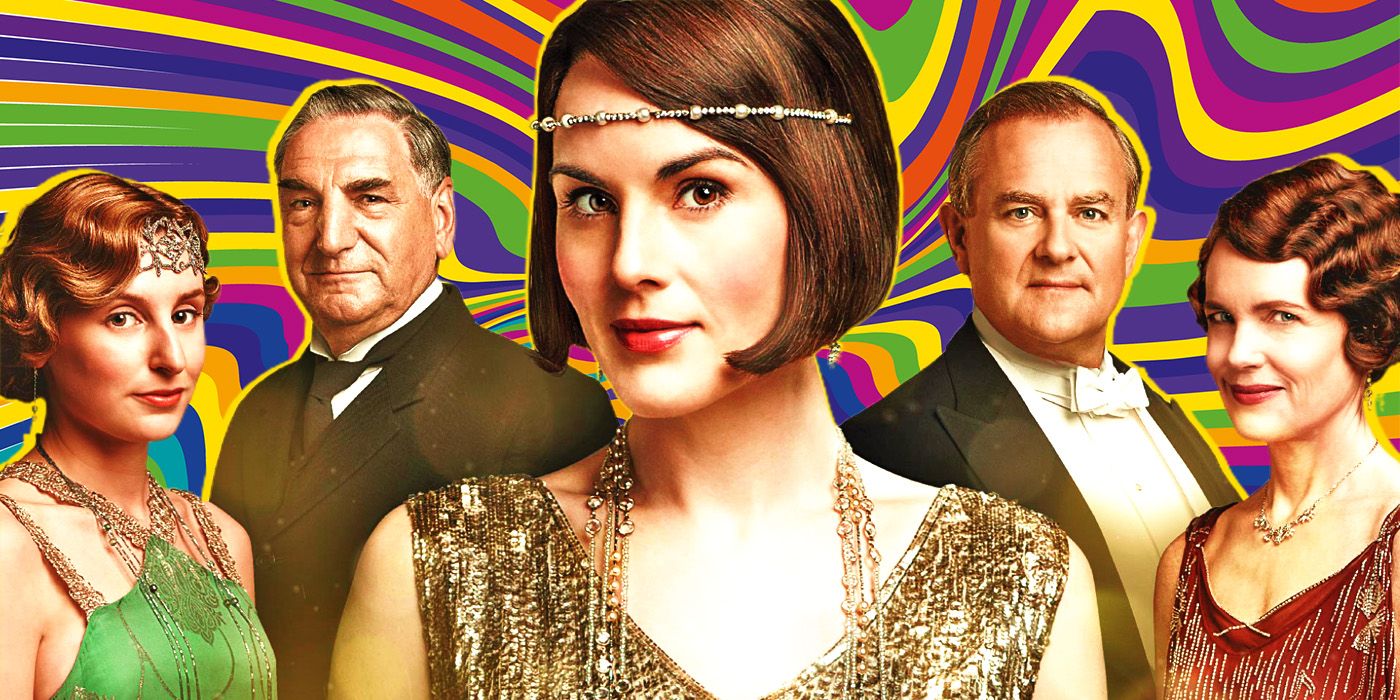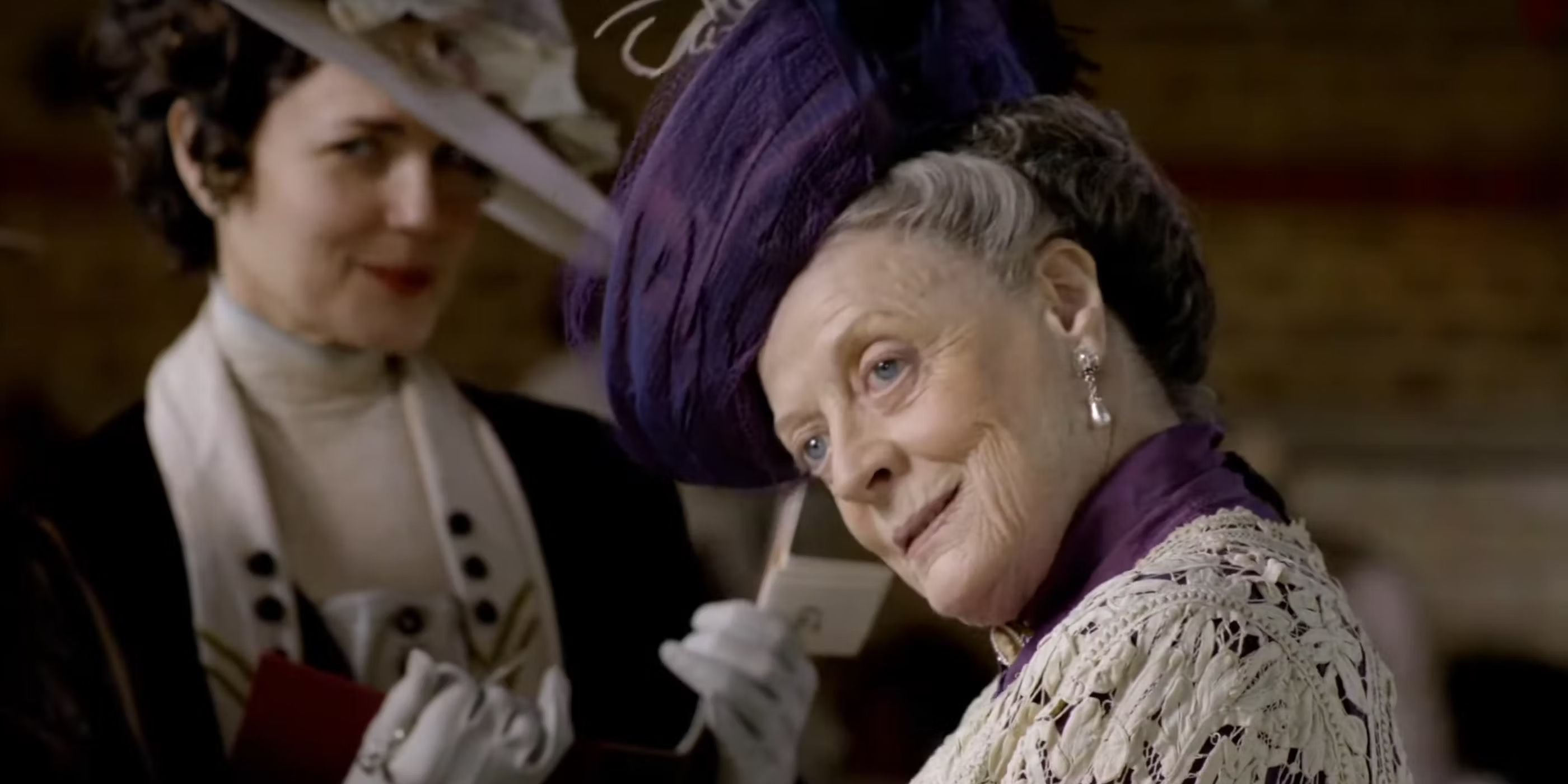Summary
- Downton Abbey's appeal was in its iconic setting and characters, as both the cast and audience held onto something they couldn't protect from changing times.
- The series ended after Season 6 due to changing times, but it led to two successful films. A third movie has been rumored but has not materialized.
- The decision to end the series was influenced by real-life considerations, including actors wanting to move on and Dame Maggie Smith's unwillingness to sign on for a seventh season.
In many ways, the popular historical drama Downton Abbey reflected the sentiments of much of its audience. Beyond its iconic setting and early 20th-century charm, the show's appeal lies in its many characters. Both the cast and the audience longed to hold onto something they couldn’t protect from the changing times.
The fictional world of Downton Abbey remembers a period that was both extraordinary and fleeting. The way the main narratives were built and the time in which the series dwelled was its formula for success. However, they also guaranteed the show couldn’t last forever. Changing times explain why the series ended after Season 6, but it is also those same changing times that subsequently led to two films, and despite rumors of a third movie one has not yet materialized.
Updated February 5, 2024, by Joshua M. Patton: While a hit in America, Downton Abbey was not without controversy in its native United Kingdom. Critics of the series said creator Julian Fellowes idolized the aristocracy and idealized the life of servants during the period covered in the series. Each individual viewer should decide for themselves what, if any, statement the series makes about this slice of 20th-century British life. Still, there is no denying the characters who populated this series both upstairs and downstairs felt authentic and real, while still being likable enough to keep the show running for longer than many UK dramas.
What Was Downton Abbey About?
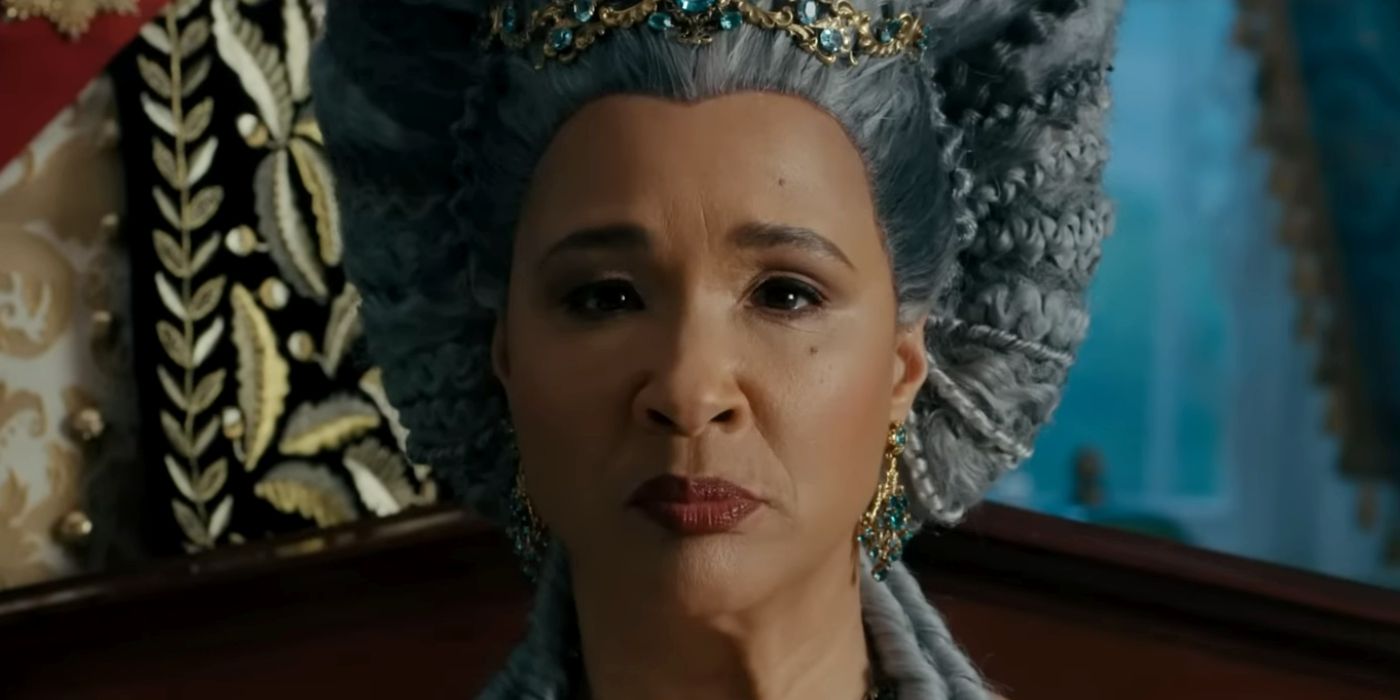
Bridgerton Spinoff Queen Charlotte Unveils May Release Date in Teaser Trailer
A teaser trailer for the upcoming Bridgerton spinoff, Queen Charlotte, reveals a spring release date while hinting at the fan-favorite's backstory.The Gilded Age creator Julian Fellowes also created the world of Downton Abbey, which focused on the aristocratic Crawley family and their staff as they managed life on a sprawling Yorkshire estate from 1912 to 1926. The show was set in the middle of a cultural shift. The last vestiges of "old world" British society, built upon the dual pillars of servitude and status, were on the edge of extinction – with many people not knowing or not willing to admit it. From installing a telephone to reducing the number of footmen and maids, the evolution of society was forcing change in every aspect of the upper class.
The series was filmed in an actual castle, known as Highclere Castle which has been in the Carnavon family since 1679. While many of the castle's rooms and antiques were used for filming, the actual servants' area was unsuitable for the series. So, Fellowes brought in retired Major General Alastair Bruce to help with historical accuracy and authenticity, including the soundstage that served as the servants' quarters. Built at Ealing Studios, the servant's quarters were built from the best elements seen at some 40 mansions and country houses across the UK. Despite the real-life distance between the two sets, the audience never felt a disconnect.
How Many Seasons Of Downton Abbey Were There?
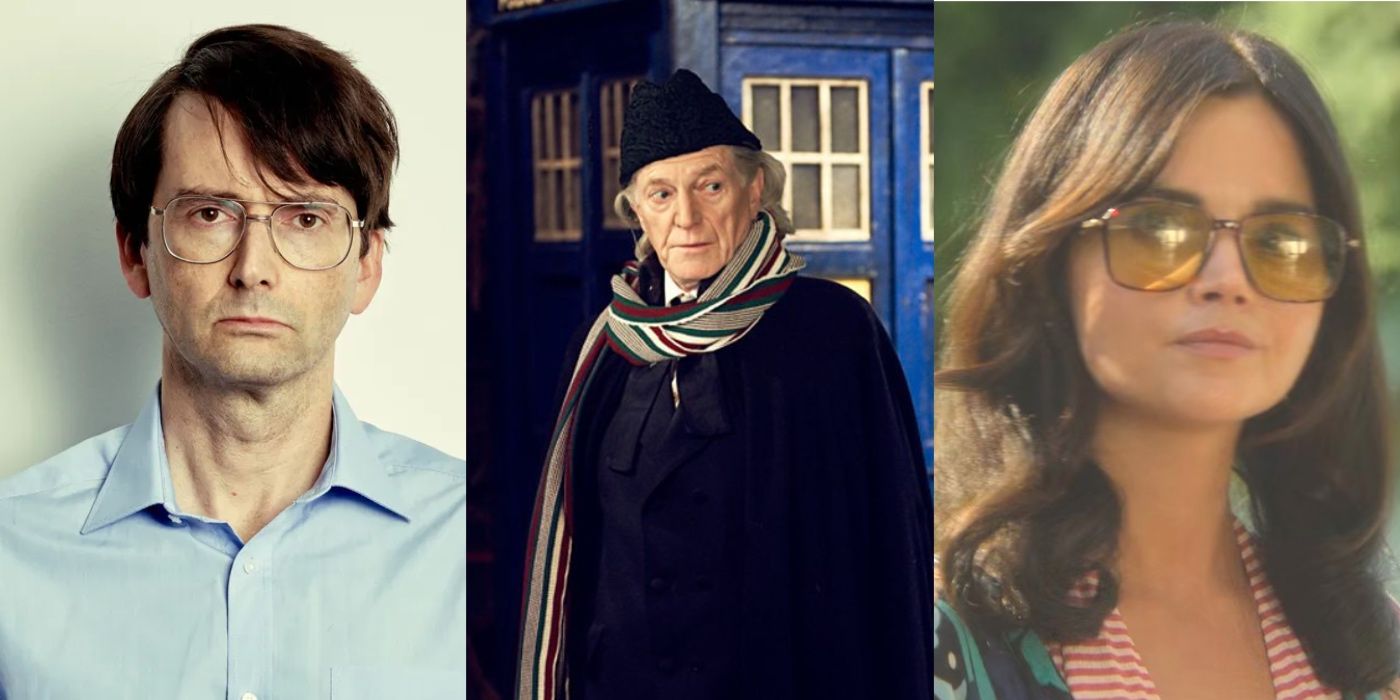
The 10 Best British Dramas Based On A True Story, Ranked
'Based on a True Story' is one of entertainments favorite genres. British dramas especially have used this genre and created some fantastic projects.The series premiered in the United Kingdom in late 2010 and in the United States in early 2011. But after six seasons and 52 episodes, Downton Abbey was brought to an end — despite many fans suggesting the show should go on. One factor that kept the series going for so long was that the series had more than a dozen principal characters. That allowed for a multitude of complex and intertwining storylines — some more fantastical than others — and also gave the series a great narrative starting point. But with so many people involved, being able to unspool their complex individual stories over six seasons and pull them all together into a cohesive narrative was a very difficult task.
Since Fellowes was the series' main writer, he was able to weave the stories into a satisfying conclusion, without leaving huge plot holes or feeling too rushed. It made more sense for him to leave the series as it was rather than force a Season 7 for the sake of popularity. Fellowes had long stated his desire to leave while the show was on top. The last season made that possible, while still setting up a well-received movie that was released only a few years later.
Furthermore, the series depicted life during the era of large British estates run by teams of low-wage staff, and modern reality was starting to creep in. Rising costs including government taxes, staffing, repairs, and technological modernization slimmed down life in many estates similar to the fictional Downton Abbey. Austerity doesn’t offer the same exciting level of escapist fantasy, so this further drove Downton Abbey toward its natural conclusion.
Why Downton Abbey Ended After Season 6
"Inevitably, there comes a time when all shows should end, and 'Downton' is no exception. We wanted to close the doors when it felt right and natural for the story lines to come together and when the show was still being enjoyed so much by its fans," executive producer Gareth Neame said in a press release when PBS announced the sixth season would be Downton Abbey's last (via Entertainment Weekly). While it did feel as if the storytellers were working towards an ending, it was real-life considerations that brought the series to an end. After six years, an eternity in British television, many actors wanted to move on. However, it was the heart and soul of the series' decision to depart that brought down the curtain for good.
Inevitably, there comes a time when all shows should end, and 'Downton' is no exception.
Neame later said, via The Independent, that it was Dame Maggie Smith's unwillingness to sign on for a seventh season that led to the producers' and the network's decision to end the series. Neame said that without her, the show "would have been a shadow of itself." It's possible the writers just didn't have the heart to kill off the Dowager Countess in order to write her out of the series. Maggie Smith was the glue that held the entire series together, something fans and producers agreed upon.
Why Maggie Smith Wanted To Leave The Series
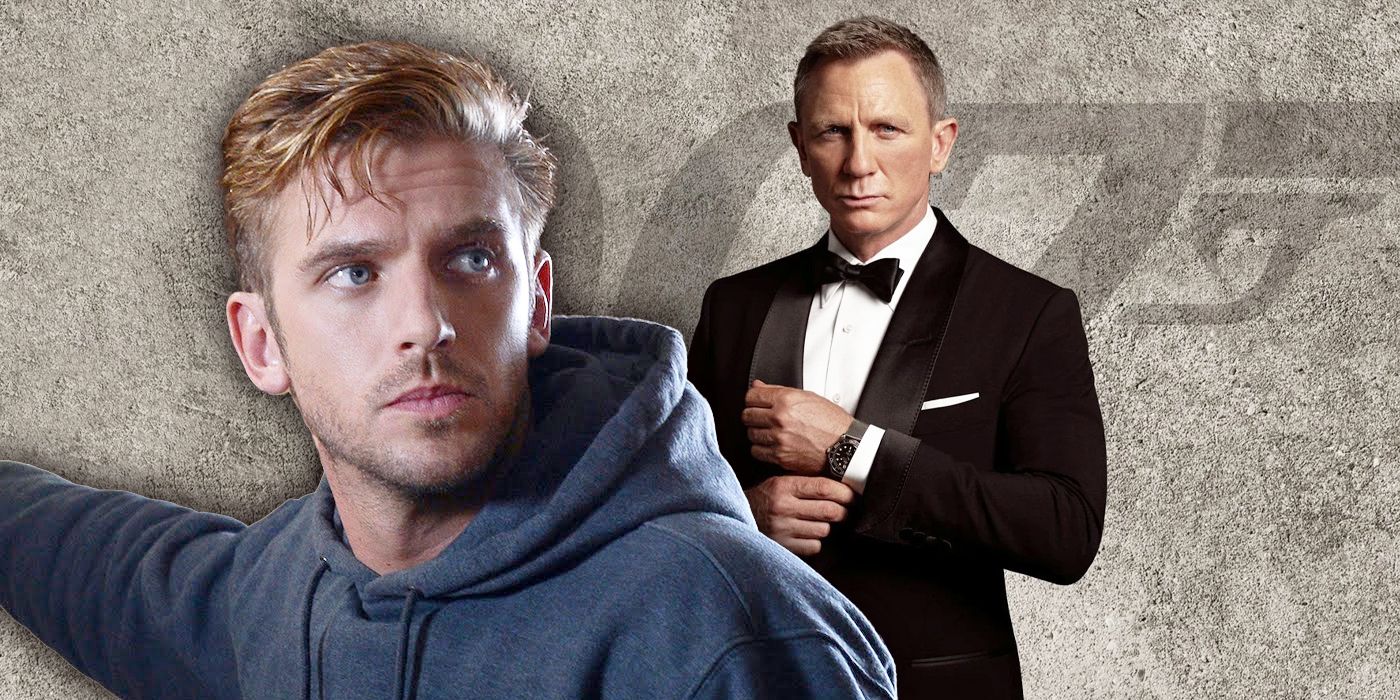
Downton Abbey's Dan Stevens Nears the Top of Bookies' List for the Next James Bond
Downton Abbey's Dan Stevens joins Henry Cavill and Regé-Jean Page as bookmakers' current favorites to take on the role of 007 in James Bond 26.The spectacular Dame Maggie — practically born to play the Dowager Countess of Grantham, Violet Crawley — was done. After a lifetime in entertainment, her award-winning appearance in one of the most popular period dramas brought a new level of attention that she was not accustomed to, despite her run in the Harry Potter film series. Eventually, that fame, and the rigors of TV production for a recent cancer survivor now in her early 80s, took its toll and Smith told The Sunday Times that Season 6 would be her last.
Although other main characters had come and gone (most notably Dan Stevens as Matthew Crawley), the idea of doing Downton Abbey without Maggie Smith just didn’t fit for anyone. All signs pointed to the series ending after Season 6. Doing so allowed it to enjoy a continuation on the big screen in 2019 and again in 2022 when the family bid farewell to the Dowager Countess after Violet passed away. Award-winning legend Smith continues to work on screen and stage. But while her character is gone, fans should expect to see more of the Crawley family, as there are talks about a third movie. So, at least for now, time is on Downton Abbey's side.
How Downton Abbey Returned As A Film Series
|
Film Title |
Release Year |
IMDb Rating |
|---|---|---|
|
Downton Abbey |
2019 |
7.4/10 |
|
Downton Abbey: A New Era |
2022 |
7.4/10 |
While Maggie Smith didn't want to stick around for more television, the feature films were a different story. In 2018, a film also titled Downton Abbey was announced and filmed that same year. It debuted in theaters across the globe in September 2019, and Fellowes immediately circulated talk of a sequel. Downton Abbey: A New Era was meant to film in 2020 but was delayed until after the pandemic. Production began in mid-April 2021 and continued through the end of the summer for release in April 2022.
While both films likely made money, A New Era grossed $92 million worldwide on a $40 million budget, which was twice the cost of the first film. Thus, if there was any desire to make a third film, those responsible for the financing saw Downton Abbey as a franchise of diminishing returns. An apt parallel to the journey of the aristocracy in the series. Though, never say "never," in the days of streaming. If Julian Fellowes, the cast, and some studio or streamer want a third installment, there's always a chance for another.
Six Seasons of Downton Abbey are streaming on Britbox and Prime Video.
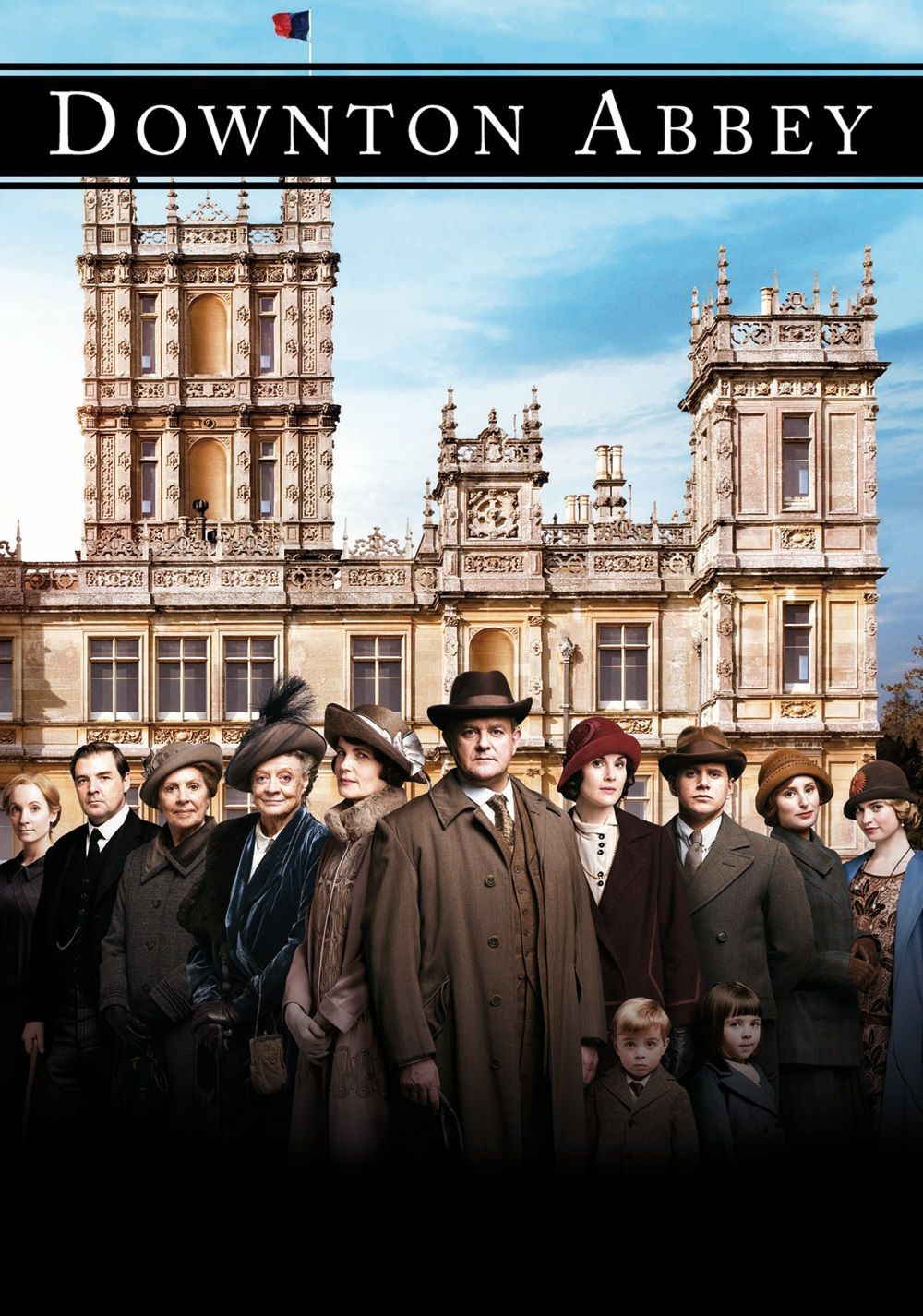
Downton Abbey
- Release Date
- January 9, 2011
- Creator
- Julian Fellowes
- Cast
- Hugh Bonneville , Elizabeth McGovern , Michelle Dockery , Laura Carmichael , Joanne Frogatt , Maggie Smith
- Seasons
- 6

